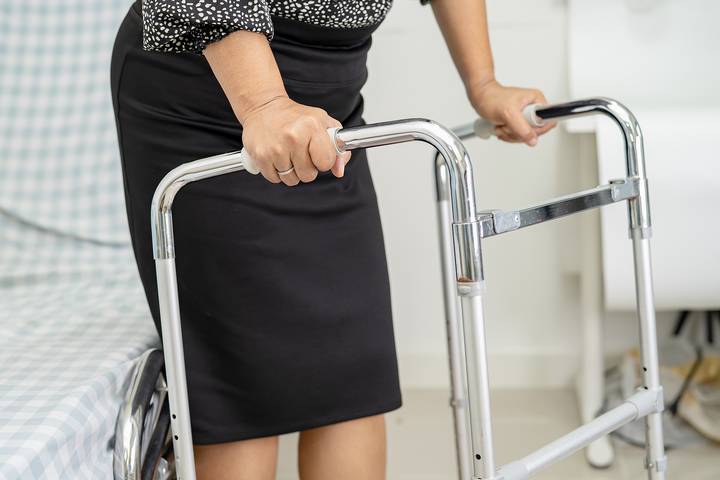Fall accidents are prevalent among the elderly and can sometimes be fatal, leading to significant physical and mental injuries. Statistics show that at least one in every four older people, significantly those aged 65 and above, falls daily.
What’s better than keeping your body constantly safe from potential falls as you enjoy your retirement years? By adhering to the best tips, you will have protected yourself and every other elderly buddy out there and enhanced their physical and mental health. Above all, remember to engage your health expert if you have fallen recently or have fears about it.
Even without direct experience, nearly every older adult fear falling and often avoids activities that increase the risk of such a misfortune. However, falling is entirely preventable. You can walk through this blog to learn how.
Use Walking Aids
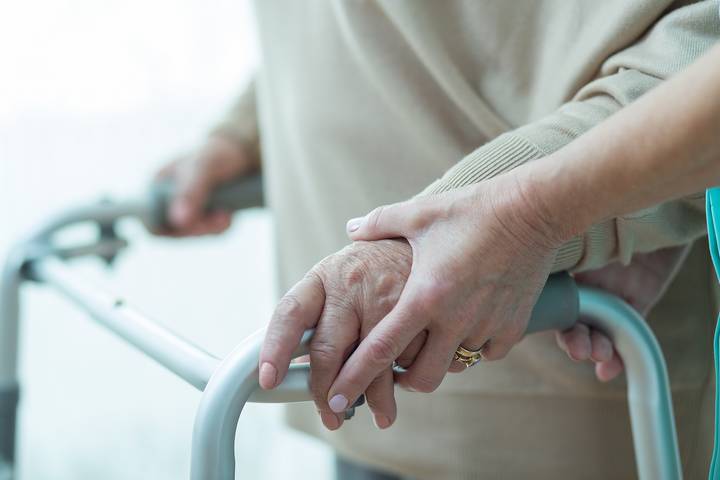
As the years proceed, experts have invented various walking aids to reduce the chances of fall accidents among older adults. The well-designed devices such as wheelchairs, walkers, and canes offer additional support to individuals, increasing their stability and minimizing falls. You can browse an excellent selection of walking aids from providers like Healthcare Solutions.
However, a professional must prescribe these devices and not self-prescribe for more outstanding results. Furthermore, individuals should keep their walking-aid devices in good condition for better functionality. Get your wheelchair checked by a mechanic at least twice in six months.
Get Your Eyes and Ears Checked
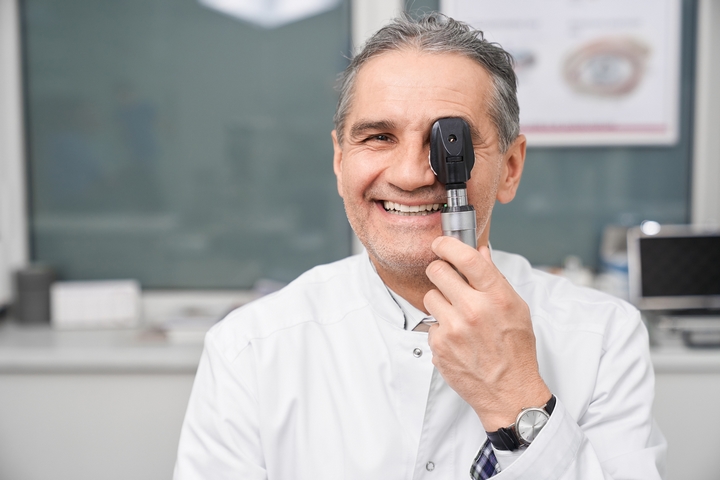
One major thing that causes falls in elderly people is unstable hearing and vision. Eyes and ears substantially influence how stable the elderly will be in their walking, standing, running, and other motion-filled activities.
You can prevent falls in your retirement age by getting your eyes and ears regularly checked by the relevant professionals for better body stability. The doctors usually look for prevailing conditions that can easily lead to imbalance and later falls, such as ear infections, glaucoma, and cataracts.
Drink Enough Water
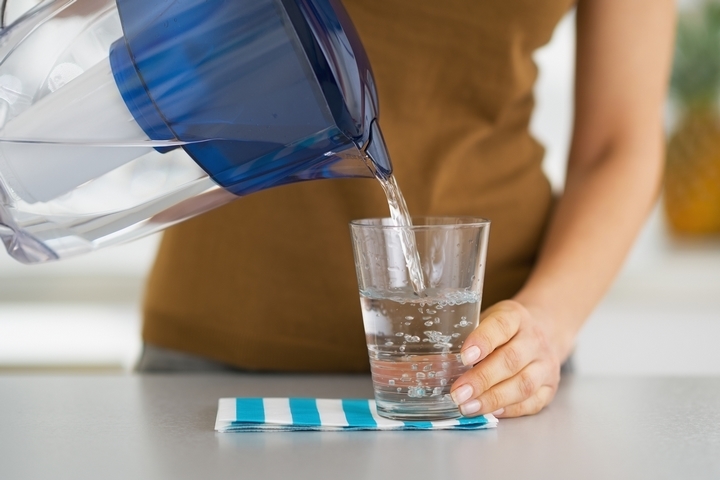
If there’s magic on earth, then it is found in water, which is the driving force behind everything good. Drinking adequate water keeps your body hydrated and facilitates excellent physical performance.
Water-filled cartilage, tendons, and muscles will move better than their dehydrated counterparts, minimizing the risks of falling in older adults. Experts recommend taking at least eight glasses of water daily for adults alongside other healthy fluids such as porridge, blended fruit juice, milk, and more.
Stay Physically Fit

Keeping a physically fit body can go a long way in preventing falls among older people. It improves body balance, coordination, and strength and generally prevents falls. You can engage in exercises such as nature walks, swimming, bike riding, controlled gymnastics, or tai chi to stay physically fit.
Experts recommend 150 to 300 minutes of moderate weekly exercise to increase flexibility and endurance. However, it would help if you blended different activities for more remarkable outcomes instead of dwelling on a single one for months.
Mind Your Bones
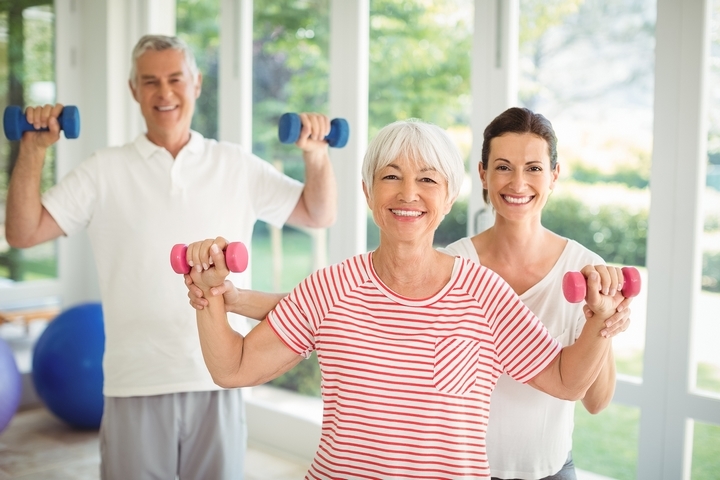
You cannot talk about flexibility and falls without mentioning bones. The hard, whitish tissues are vital in every vertebrate’s movement. Unhealthy bones are likely to increase the chances of falls in older adults, whereas their counterparts prevent the misfortunes by keeping their bodies strong and flexible.
Consuming calcium-rich foods, such as cheese, sardines, and calcium milk, has been substantially associated with preventing falls in old age. Additionally, ensure you acquire adequate vitamin D by taking the relevant food, such as tuna, or enjoying moderate sunlight daily for 15 to 30 minutes.
Your Footwear Matters

Your choice of footwear as an older adult significantly impacts your chances of experiencing fall accidents. That’s why it’s essential to stick to shoes that offer maximum safety when walking around or in the house to reduce the risks of falling.
Well-sized and non-slip shoes are the best for lowering falls, offering an excellent surface grip. Additionally, ensure that the shoes are comfortable within your feet for additional security.
Keep Your Home Safe

Another way of preventing falls in older adults is by ensuring their homes are secure from situations or things that cause misfortunes. For instance, you should arrange the furniture well to provide spacious pathways for safe walking.
Embrace non-slip mats around the house, especially in rooms that naturally attract falls, such as the kitchen and bathroom. The floors should constantly remain free from standing water or other spills, especially when older people are in the house, to prevent possible falls.
And finally, incorporate grab bars on the stairs and bathroom for extra support. Do not forget to keep the frequently-used stuff within reach by older adults.
Avoid or Limit Alcohol Consumption

Did you know that too much alcohol, especially during old age, can significantly affect one’s balance leading to recurrent falls and other health issues? It does. That’s why you should avoid or limit your alcohol consumption even before approaching old age to keep your body balance on the right track.
Fall accidents caused by alcohol consumption can be fatal, leading to significant injuries such as broken bones and fractures.

